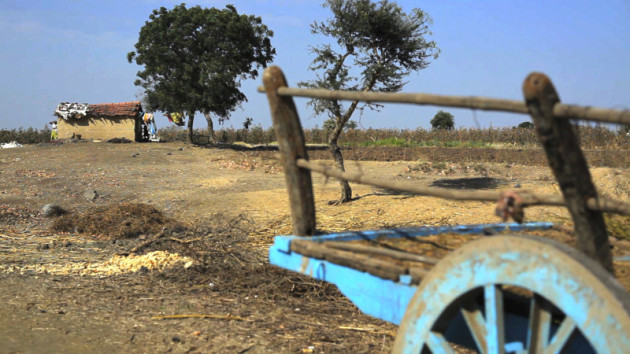A typical smallholder farmer in rural Madhya Pradesh will own perhaps four fields comprising maybe 3 – 4 acres. He will need £600 per year to keep a family of six or seven in food at a very basic subsistence level. He will grow one monsoon crop per year which will give him between £120 and £150.
When that is sold, he (and his family), in order to make up the difference, will have to join the vast army of migrant workers who travel to the conurbations or larger farms where they will work for less than £1 a day as Government or agricultural labourers.
It is known as ‘distressed migration labour’ and will split up families for three quarters of the year. Sometimes the whole family will leave its farm to live in shanty areas or on railway platforms so that those who are able can join the labour lines. If the land eventually gives them up, they may never return and simply become another addition to the shanty population.
A simple dug well changes the whole dynamic. It provides the farmer with year-round irrigation and ensures the reliability of the water from the monsoon period. It enables him to upgrade his crop (eg. from gram or maize to wheat), and to grow three crops per year alongside the small vegetable garden he is encouraged to keep.
He immediately becomes self-reliant, and he can now stay on his farm and tend his fields all year round, investing in his farm where necessary, even employing local labour where needed, and he can now afford to send his children to school.


